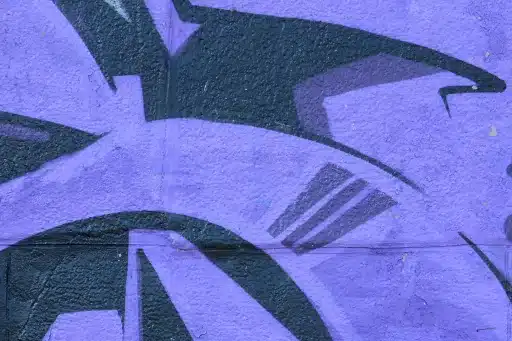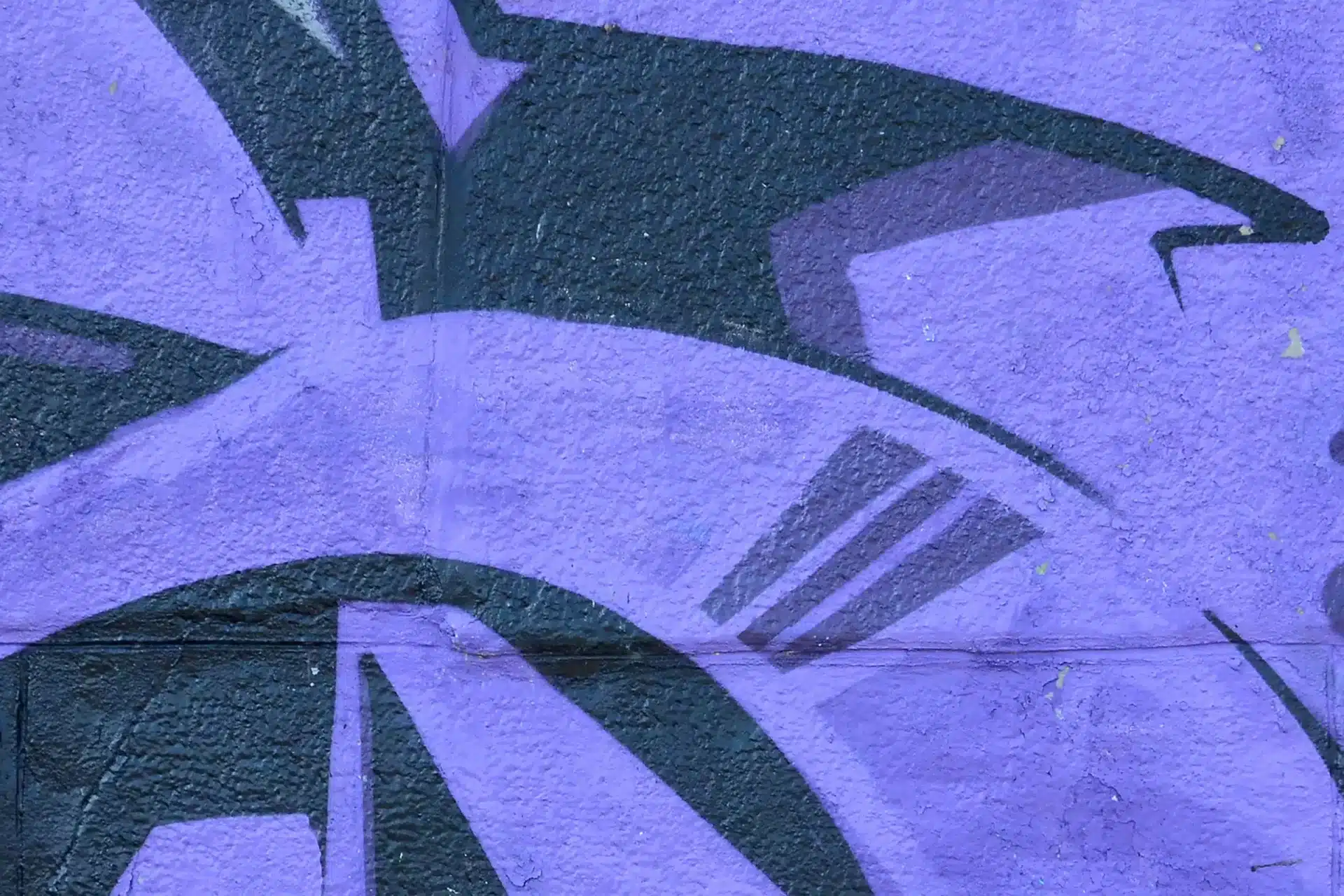What is an Edgelord?
The term edgelord refers to individuals, typically on online platforms, who use provocative or edgy humor to shock, amuse, or provoke others. Often, these individuals relish in pushing boundaries, especially relating to topics deemed sensitive or taboo. The essence of being an edgelord lies in creating content that is deliberately outrageous, with the intention of garnering attention or evoking strong reactions.
Origins of the Term
The term edgelord has gained traction in online communities over the last decade, especially within forums like 4chan and Reddit. It combines the word edge, denoting the act of pushing boundaries, with lord, implying dominion or superiority. As a cultural phenomenon, edgelords often portray themselves as “intellectually superior” due to their controversial opinions.
Characteristics of an Edgelord
Edgelords often display certain characteristics that differentiate them from other online personas. Here are a few common traits:
- Provocative Language: Their language is often crass or offensive, designed to incite anger or laughter.
- Taboo Topics: They frequently engage in conversations surrounding taboo subjects like religion, politics, or sexual orientation.
- Dark Humor: Jokes made by edgelords often draw upon dark or morbid themes.
- Contrarian Views: They tend to adopt positions that oppose popular opinion, frequently engaging in controversial debates.
Examples of Edgelord Behavior
Understanding edgelord behavior can be tricky without real-world or online examples:
- Twitter Rants: An individual who tweets inflammatory remarks about a tragic event, presuming it’s “just a joke.”
- Memes: Creating memes that mock grave issues, such as illness or tragedy, to elicit shock or laughter.
- Comment Sections: Diving into comment sections of controversial YouTube videos, posting offensive jokes or remarks to provoke reactions.
Case Studies: Times Edgelords Went Too Far
While edgelording can occasionally be harmless or humorous, there have been instances where it has crossed the line:
- Contentious Tweets: High-profile celebrities have faced backlash for tweets that resemble edgy humor but are considered deeply insensitive, leading to public outrage.
- Online Harassment: Edgelords have often engaged in targeted harassment, using their controversial statements as a mechanism to harass marginalized groups online.
The Impact of Edgelords on Online Culture
Edgelords contribute significantly to internet culture, shaping the discourse around what is acceptable to joke about. Here are a few impacts they’ve made:
- Normalization of Dark Humor: Edgelords have played a part in normalizing jokes about severe issues, which can desensitize audiences to important topics.
- Internet Trolling: Their behavior can often lead to broader trolling cultures, where attacking others online becomes a badge of honor.
- Influence on Meme Culture: Many memes that depict dark humor or push boundaries often originate from the edgelord community.
Statistics on Edgelord Behavior
Research into online behaviors offers some insight into the influence of edgelords. According to a study by the Pew Research Center:
- 45% of young adults have encountered offensive content online.
- About 30% admit to engaging in trolling behavior at one point.
- 70% of individuals claim that they’ve seen memes that they found offensive or in poor taste.
Conclusion: Balancing Edginess with Sensitivity
While edgelord humor can attract attention and spark conversations, it often walks a fine line between humor and insensitivity. In navigating online spaces, it’s crucial to understand the balance between expressing edgy opinions and being mindful of their potential impact on others. In a world that is increasingly sensitive to various issues, the role of edgelords prompts questions about online accountability, humor, and the nature of discourse in digital spaces.






